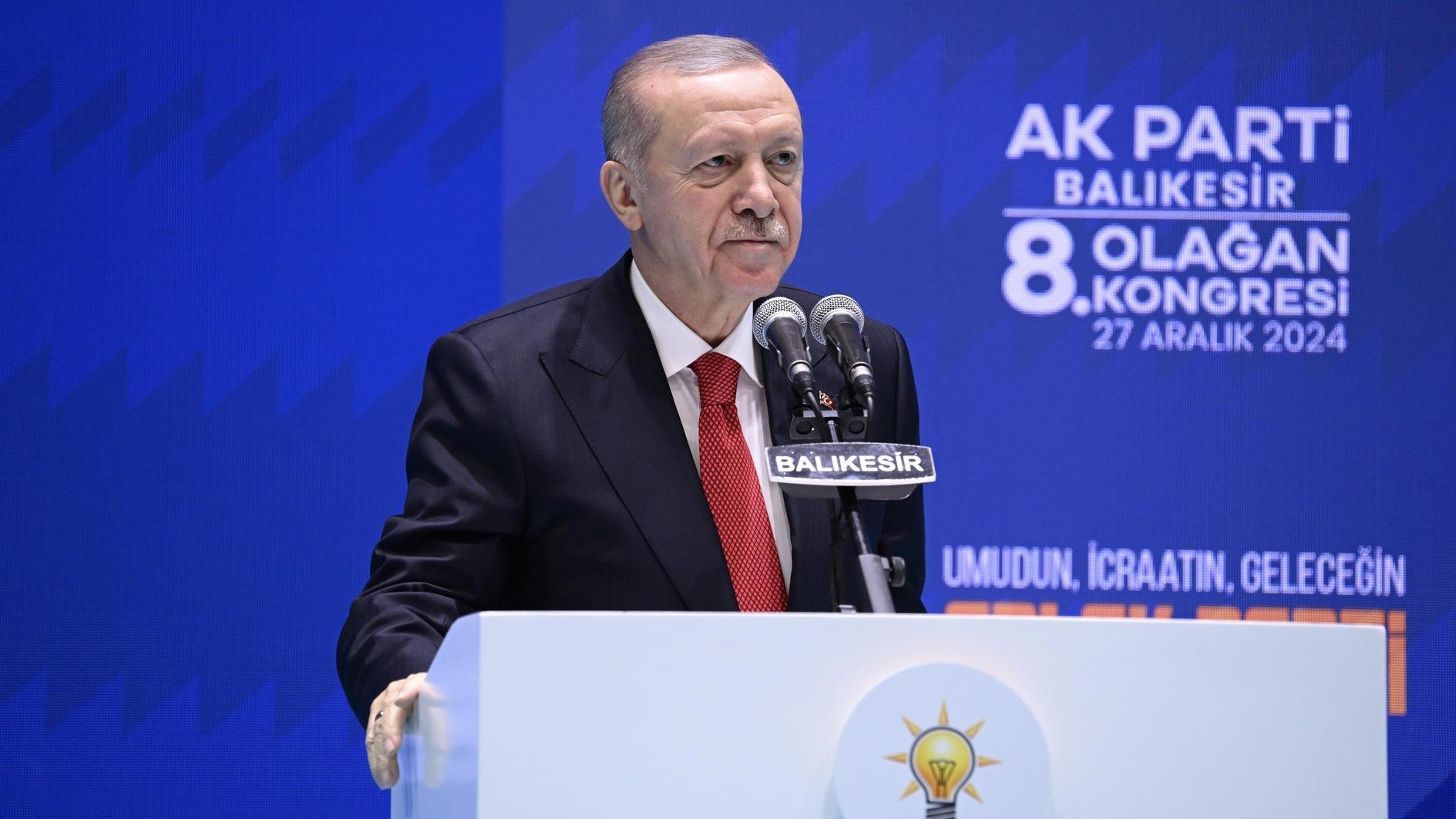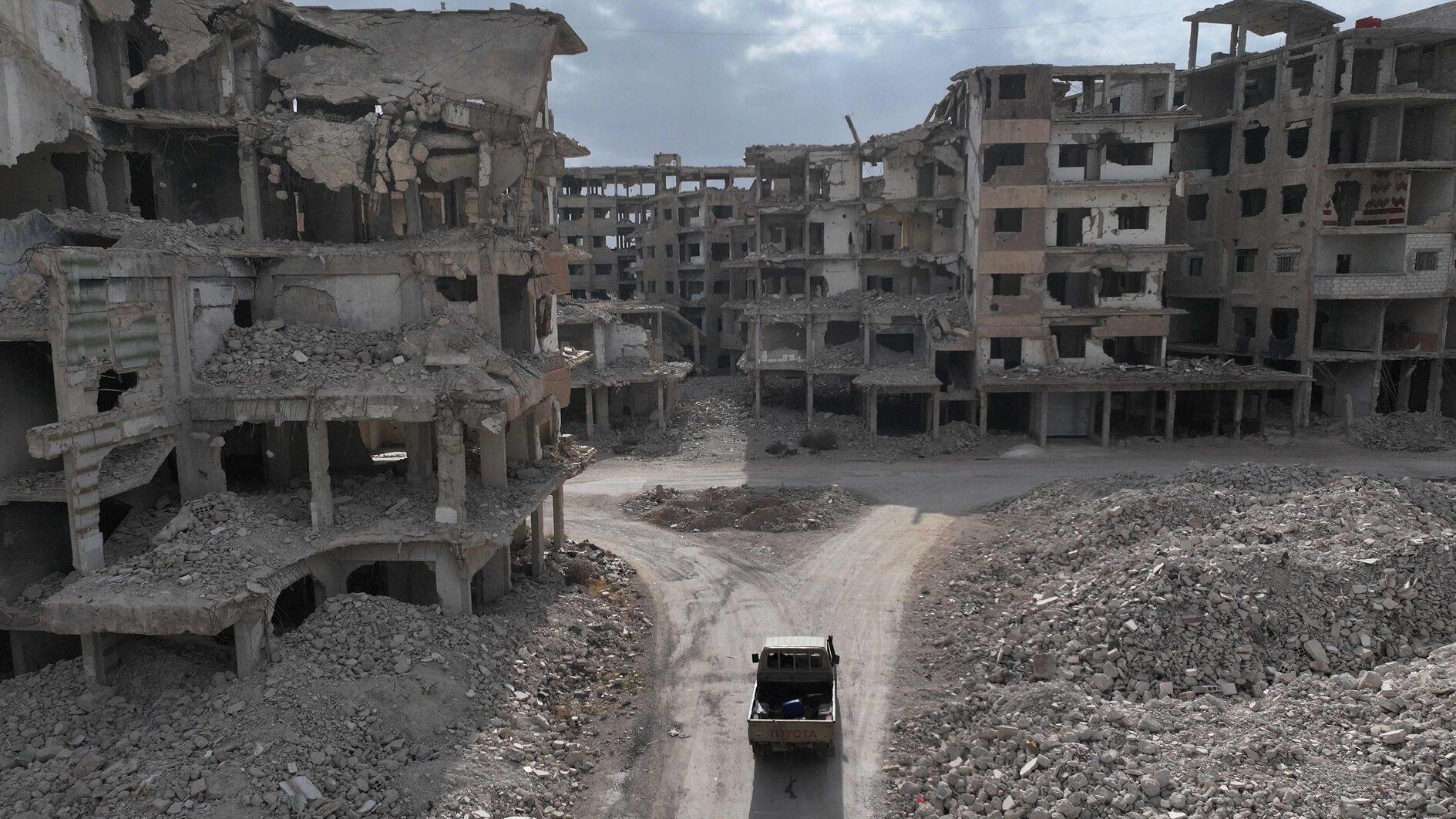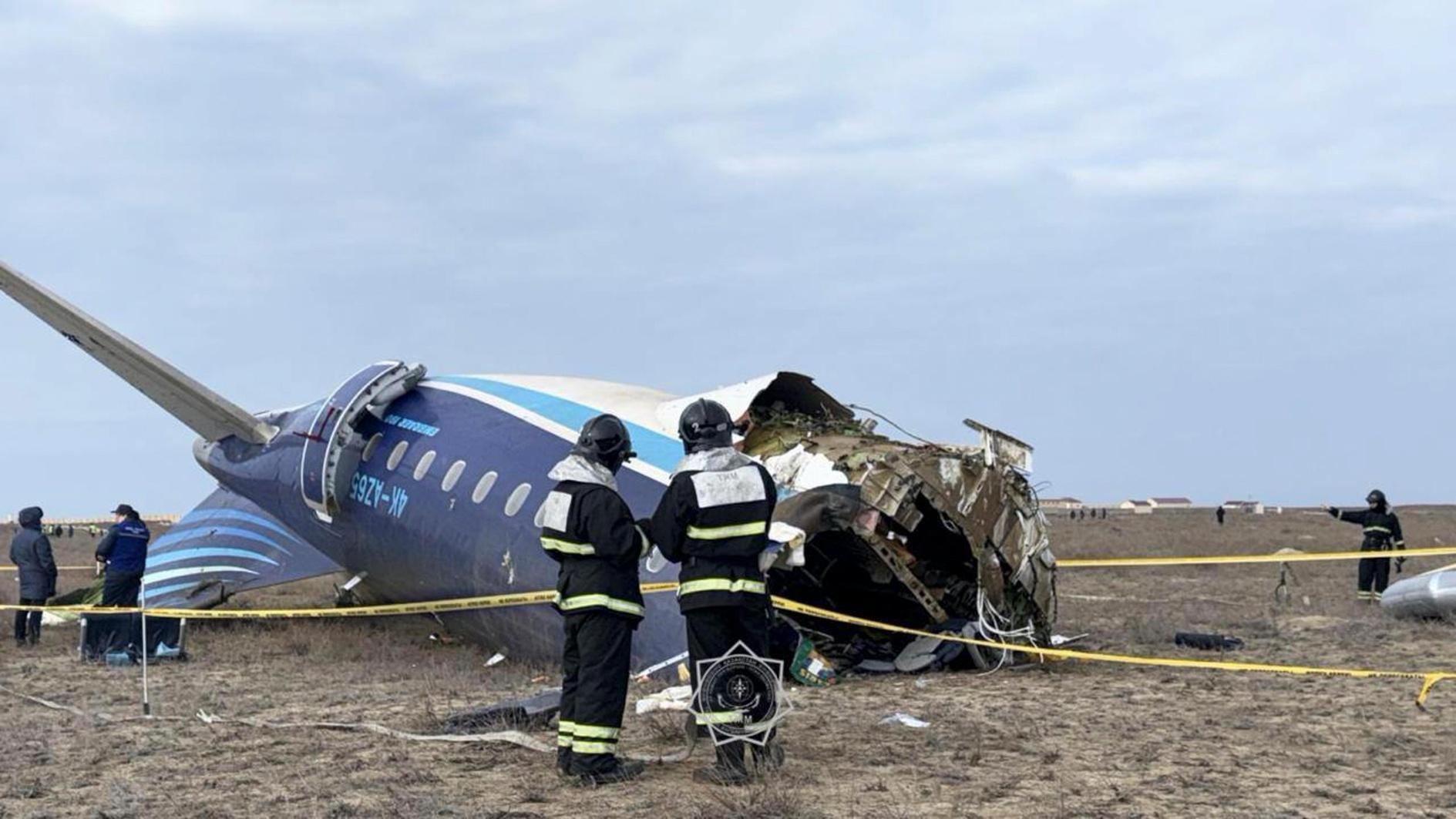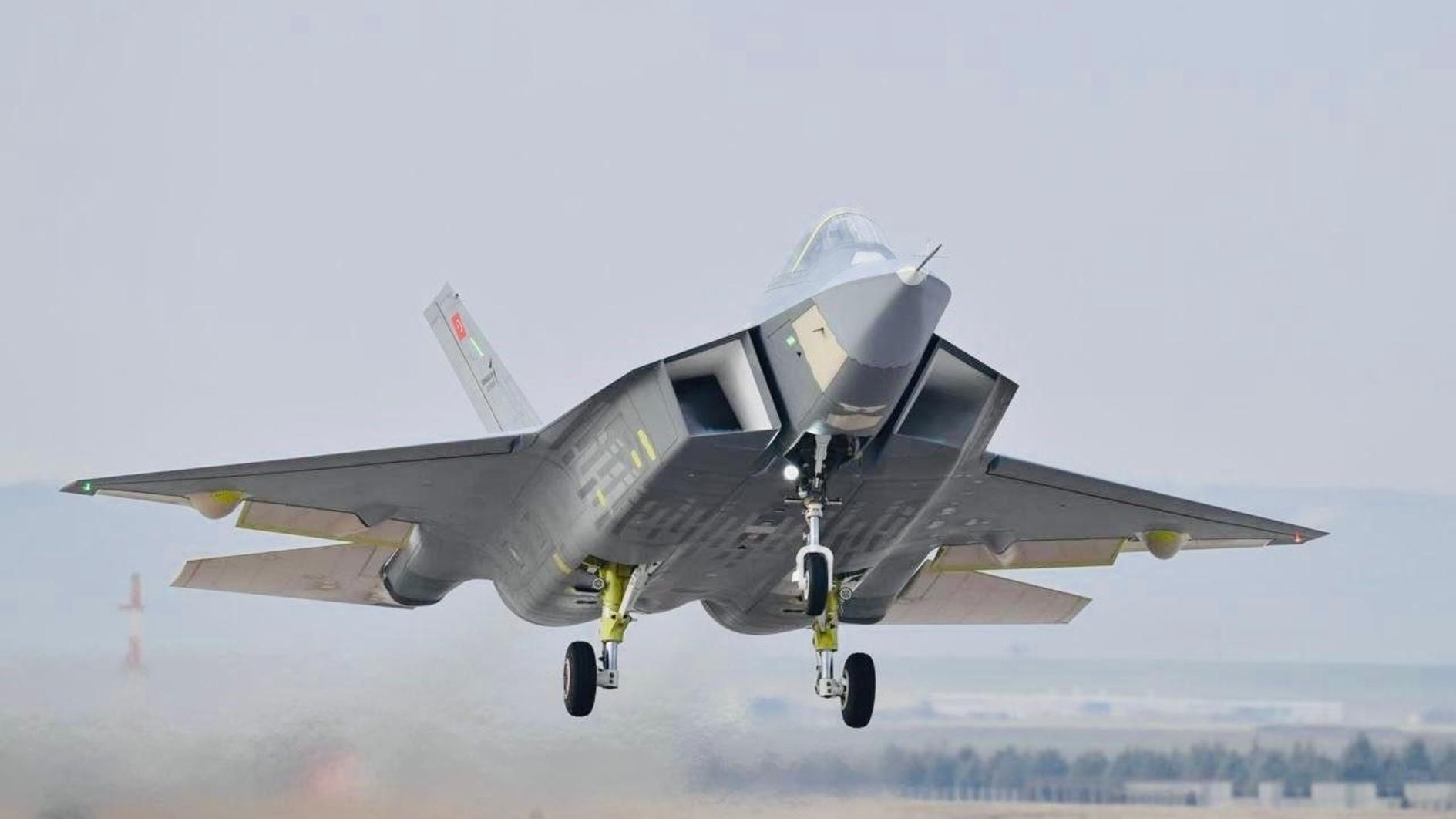Turkey steps up ties with GCC, ends 3-year row with UAE
There is no need to recall how Turkey and Saudi Arabia clinched the alliance they have built over the past year, especially after the new Saudi King Salman came to the throne, through consecutive high-level visits. President Recep Tayyip Erdoğan paid two important visits to Riyadh last year and King Salman visited Ankara and Istanbul in recent weeks both for a bilateral visit and to join the Organization of Islamic Conference (OIC).
Turkey and Saudi Arabia agreed to set up a coordination council during King Salman’s talks in Turkey in a bid to take concrete steps to increase and diversify cooperation between the two countries.
Only 10 days after the summit, Foreign Minister Mevlüt Çavuşoğlu went to Jeddah and Riyadh to hold talks with senior Saudi leaders, including King Salman, to follow up earlier talks and concretize them. As Çavuşoğlu stated, this coordination council will have eight subcommittees to work in the fields of diplomacy, security, defense industry, trade, economy, investments, energy and education-culture.
It was also agreed to organize meetings between Turkey and the Gulf Countries’ Council at the ministerial level so that this relationship could gain a more structural nature. Deepening economic, trade and energy cooperation with the oil and natural gas rich GCC countries would surely be to the advantage of Turkey.
After he concluded his talks with Saudi leaders, Çavuşoğlu moved on to Abu Dhabi on April 25, in a landmark visit symbolizing reconciliation between Turkey and the United Arab Emirates (UAE).
This visit marked the first high-level political visit from Turkey to the UAE since May 2013, after bilateral ties were seriously damaged due to the parties’ different stances regarding the military coup in Egypt that toppled President Mohamed Morsi. One of the concrete results of the visit was the UAE’s decision to send an ambassador to Ankara on May 7 in order to herald the beginning of a new era between the two parties.
Çavuşoğlu received a warm reception in Abu Dhabi and seemed to be committed to further developing bilateral relations with the UAE.
Just to remember, the UAE, along with Saudi Arabia, lent enormous support to the administration of Abdel Fettah el-Sisi and helped the fragile Egyptian economy survive in the immediate aftermath of the coup d’état. Turkey’s strong-worded criticisms against Sisi and his Arab supporters cooled relations with Saudi Arabia and the UAE, with the latter recalling its ambassador in reaction to Ankara’s stance.
However, today’s picture is very different from mid-2013. Turkey stopped its heavy-worded criticisms against the Sisi administration, with President Erdoğan seemingly no longer an advocate of toppled Egyptian leader Morsi. The recent summit in Istanbul that marked the start of Turkey’s OIC term presidency for two years constitutes an important avenue for Turkey to reach out - not only to the GCC countries, but to the whole Islamic world including Egypt.
Çavuşoğlu recalled that Turkey would never, as a matter of principle, approve the toppling of democratically elected political parties and leaders through military means, but expressed Turkey’s readiness to restore ties with Egypt in the event that the Egyptian government takes steps to create a more pluralistic and inclusive management in the country.
Another important thing that Çavuşoğlu stressed was that Ankara’s reaction in 2013 was not simply because the military coup targeted the Muslim Brotherhood. “As a country that suffered from military coups, we disapprove, in principle, of all such interventions - regardless of which political party is targeted,” he told us in Abu Dhabi.
He also went further by recalling the Tunisian example. “In Tunisia, at first the [Muslim Brotherhood] won the elections. And we had good relations with them. But after a coalition of parties won the subsequent elections we now have even better relations with Tunisia,” he said.
Questions remain as to whether Turkey has abandoned its alliance with the Muslim Brotherhood movement in order to restore its ties with GCC countries. The final answer to this question will surely introduce new dimensions to Turkey’s future foreign policy moves.











